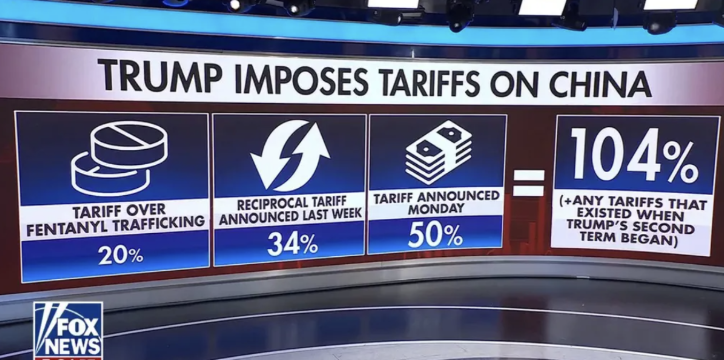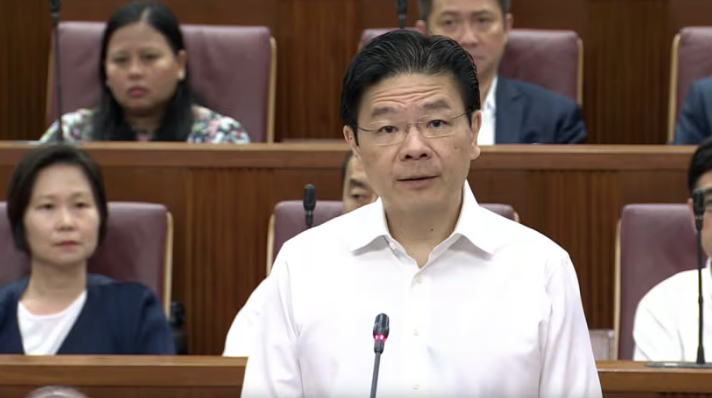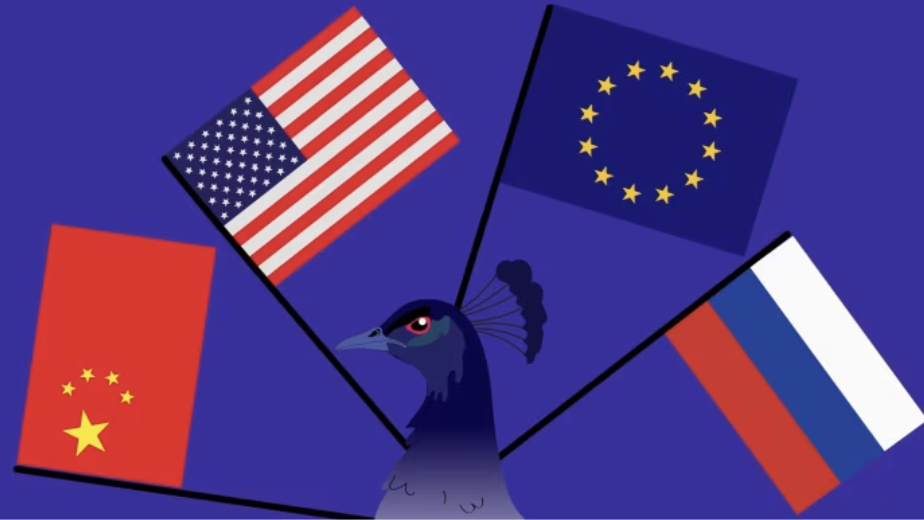
Dear Focus Reader,
This week, China announced over 150 new measures to open its healthcare and finance sectors to foreign business, aiming to revitalize its economy amid slowing domestic consumption and ongoing trade tensions.
The National Development and Reform Commission (NDRC) announced a revised "negative list," reducing the number of industries restricted or prohibited to foreign investors, easing restrictions in sectors such as television production, telecommunications, pharmaceutical online services, and forest seed imports.
In the healthcare sector, China has expanded pilot programs that allow foreign-invested enterprises to work on human stem cell and gene therapy technologies within Free Trade Zones in cities like Beijing, Shanghai, Guangdong, and Hainan. It is also now permitting wholly foreign-owned hospitals in several of those same cities, while easing broader restrictions on foreign investments in hospitals and medical training. At the same time, regulators will streamline the approval process for imported drugs that treat rare diseases.
This national push builds on efforts by local governments like Shanghai, which has introduced major incentives over the last year to attract foreign firms, especially in tech. The city launched a $13.8 billion fund for AI, biomedicine, and chips, and offers subsidies and streamlined policies through its Free Trade Zone.
While foreign companies welcome the gestures, many remain cautious after years of regulatory unpredictability, a slower-than-expected post-COVID recovery, and ongoing uncertainty surrounding U.S.-China trade policies. Some firms are seeking tariff exemptions or restructuring their operations in Asia to reduce exposure, balancing interest in China's market with a growing need for resilience.
Learn more on international relations by catching up on our latest Focus content, including articles on U.S.-China trade, the future of the global order, and more.
Story and Philosophy of Chinese Chopsticks
Watch VideoIn our Focus Insights section, we featured an article by Fu Ying, former Chinese Vice Foreign Minister, where she argues that tariffs won't fix the fentanyl crisis and urges cooperation to address U.S. demand.
We want to hear from you!
How can the U.S. and China leverage trust and mutual understanding to effectively collaborate on addressing global challenges, such as drug trafficking, where joint efforts are critical?
Submit your thoughts to USeditor@chinausfocus.com for a chance to be featured in next week's Focus This Week.
useditor@chinausfocus.com for more info.
Prepared by China-US Focus editorial teams in Hong Kong and New York, this weekly newsletter offers you snap shots of latest trends and developments emerging from China and the U.S. every week. It is a community space to exchange thoughts and ideas about the China-U.S. relationship and beyond.
- 2025-04-18 A "Numbers Game"
- 2025-04-11 Focus This Week: Beijing Strikes Back
- 2025-04-04 Focus This Week: Tariff Turmoil
- 2025-03-28 Focus This Week: Navigating Uncertainty
- 2025-03-21 Focus This Week: Driving Diplomacy
- 2025-03-14 Focus This Week: Two Sessions Wrapped
- 2025-03-07 Focus this Week: Setting the Agenda
- 2025-02-28 Focus This Week: A Dramatic Shift
- 2025-02-21 Focus This Week: Straining Ties
- 2025-02-14 Focus This Week: Deals and Defense
- 2025-02-07 Focus This Week: The Saga Continues
- 2025-01-31 Focus This Week: Tariffs and Tech
- 2025-01-24 Focus This Week: A New Era
- 2025-01-17 Focus This Week: Refuge on RedNote
- 2025-01-10 Focus This Week: Learning From Legacy
- 2024-12-20 Focus this Week: New Hope for TikTok
- 2024-12-13 Focus This Week: Reinforcing Ties
- 2024-12-06 Focus This Week: Global Uncertainty



